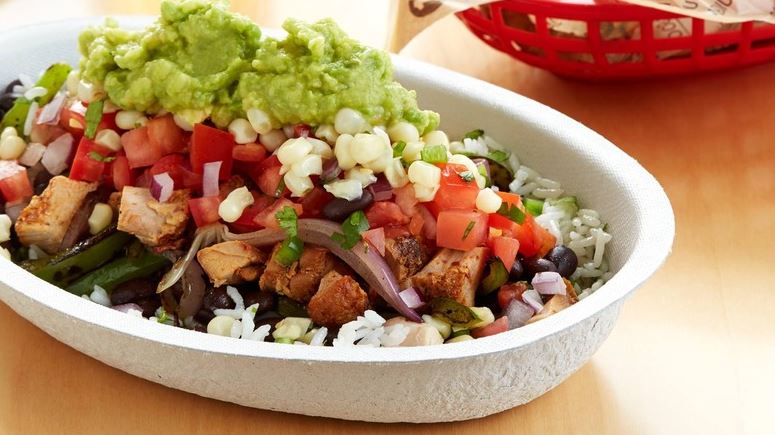Bowls Used By Chipotle And Sweetgreen Contain ‘Forever Chemicals’
Contents
PFAS are a group of synthetic chemicals that are used in a variety of industrial and consumer applications. They are commonly found in non-stick cookware, water-repellent fabrics, and food packaging materials.
These chemicals are called ‘forever chemicals’ because they do not break down in the environment and can accumulate in human tissue over time.
The bowls used by Chipotle and Sweetgreen are made of molded fiber, which is a type of paper-based material that is supposed to be more environmentally friendly than plastic.
However, the manufacturing process for these bowls involves treating the material with PFAS to make it resistant to grease and moisture.
As a result, the bowls contain levels of PFAS that are well above the safe threshold established by the Environmental Protection Agency (EPA).
One thing that sets Chipotle apart is its competitive menu prices, making it a top choice for a budget-friendly meal.
The Dangers of ‘Forever Chemicals’
PFAS have been linked to a wide range of health problems, including cancer, thyroid disease, and developmental issues in children.
These chemicals have been shown to disrupt the endocrine system, which can lead to hormonal imbalances and other health problems. They have also been linked to liver damage and immune system dysfunction.
One of the most concerning aspects of PFAS is that they do not break down in the environment. They can persist in soil, water, and air for hundreds of years, which means that they can accumulate in the environment and in human tissue over time.
Even low levels of exposure to PFAS can be harmful, and the long-term effects of these chemicals are still being studied.
What You Can Do to Protect Yourself
If you are concerned about the potential health risks associated with PFAS, there are several steps you can take to protect yourself:
- Avoid using non-stick cookware and other products that contain PFAS. Instead, use stainless steel, cast iron, or ceramic cookware, which are safer alternatives.
- Avoid using products that are labeled as water-repellent, stain-resistant, or grease-proof, as these often contain PFAS.
- Choose glass or stainless steel containers for storing food, rather than plastic containers or plastic wrap.
- If you do use plastic containers, avoid heating them in the microwave or putting hot food in them, as this can cause the plastic to break down and release chemicals into your food.
- When eating out, ask if the restaurant uses PFAS-free containers for their food. If they do not, consider bringing your own containers from home.
- Finally, stay informed about the latest developments regarding PFAS and other environmental contaminants. Keep up-to-date with news and research on these topics, and advocate for stronger regulations to protect public health.
FAQs
“Forever chemicals” are a group of man-made chemicals known as per- and polyfluoroalkyl substances (PFAS) that can persist in the environment and in the human body for a very long time.
PFAS chemicals are used in bowls to make them resistant to grease and oil, which helps to prevent food from sticking to the bowl.
Exposure to PFAS chemicals has been linked to various health problems, including cancer, thyroid disease, and decreased fertility.
No, many other restaurants and food service providers also use bowls containing PFAS chemicals.
Yes, you can get exposed to PFAS chemicals by using these bowls, especially if they are heated or in contact with hot or acidic food.
The FDA allows the use of PFAS chemicals in food contact materials, but it has set a limit on the levels of PFAS that are allowed in these materials.
Chipotle has announced that it will phase out PFAS-containing bowls by 2020.
Sweetgreen has also announced that it will stop using PFAS-containing bowls.
PFAS chemicals are persistent and can accumulate in the environment, making them difficult to remove completely.
You can reach out to these companies and express your concerns about the use of PFAS-containing materials. You can also support legislation that seeks to limit the use of these chemicals in food packaging.
